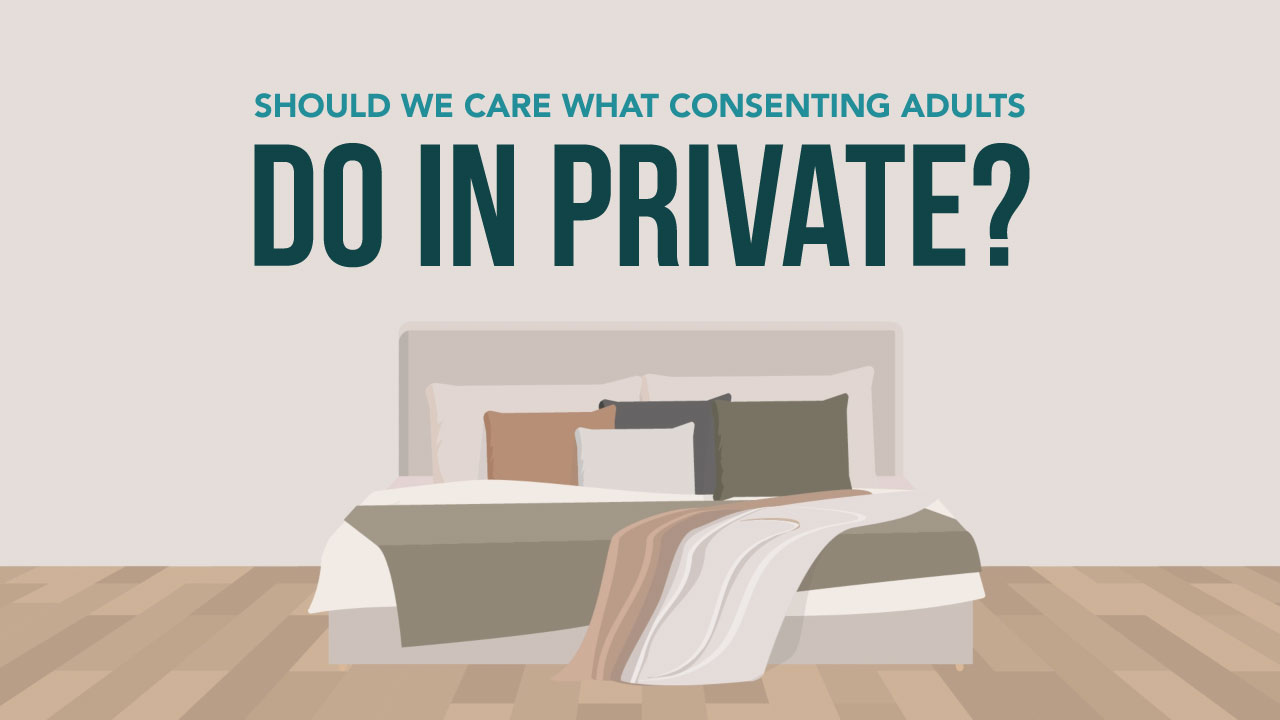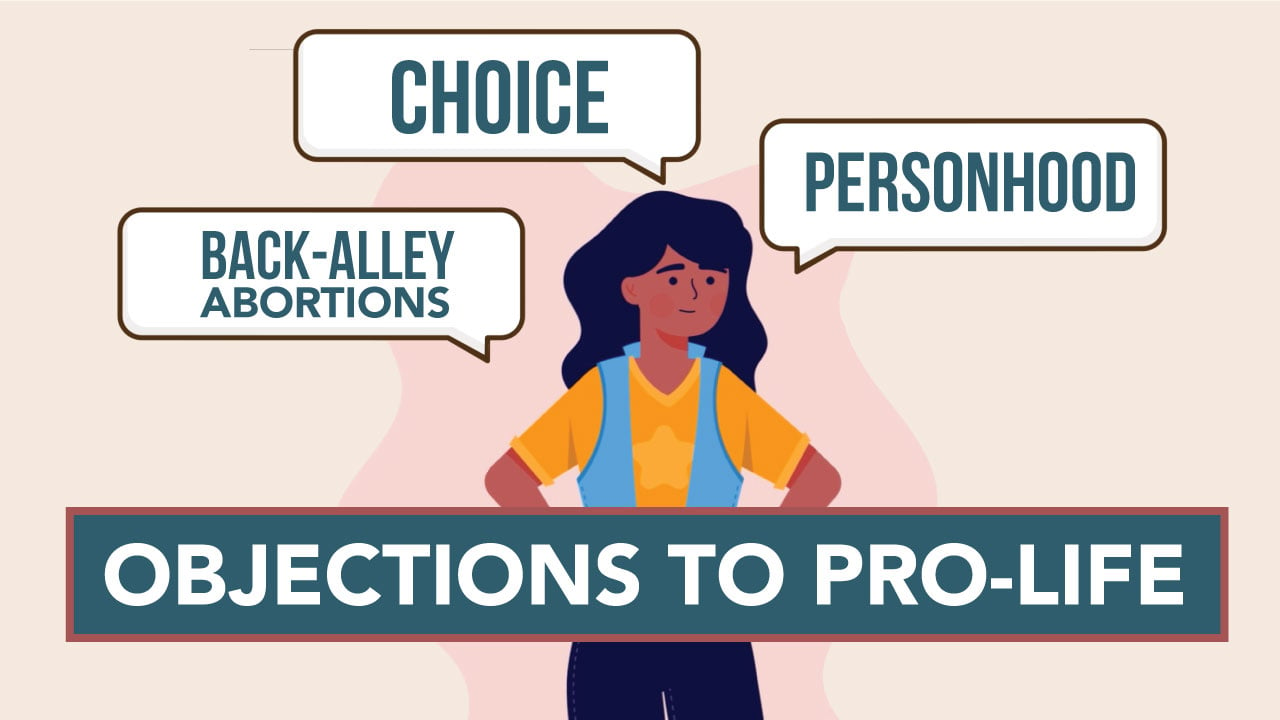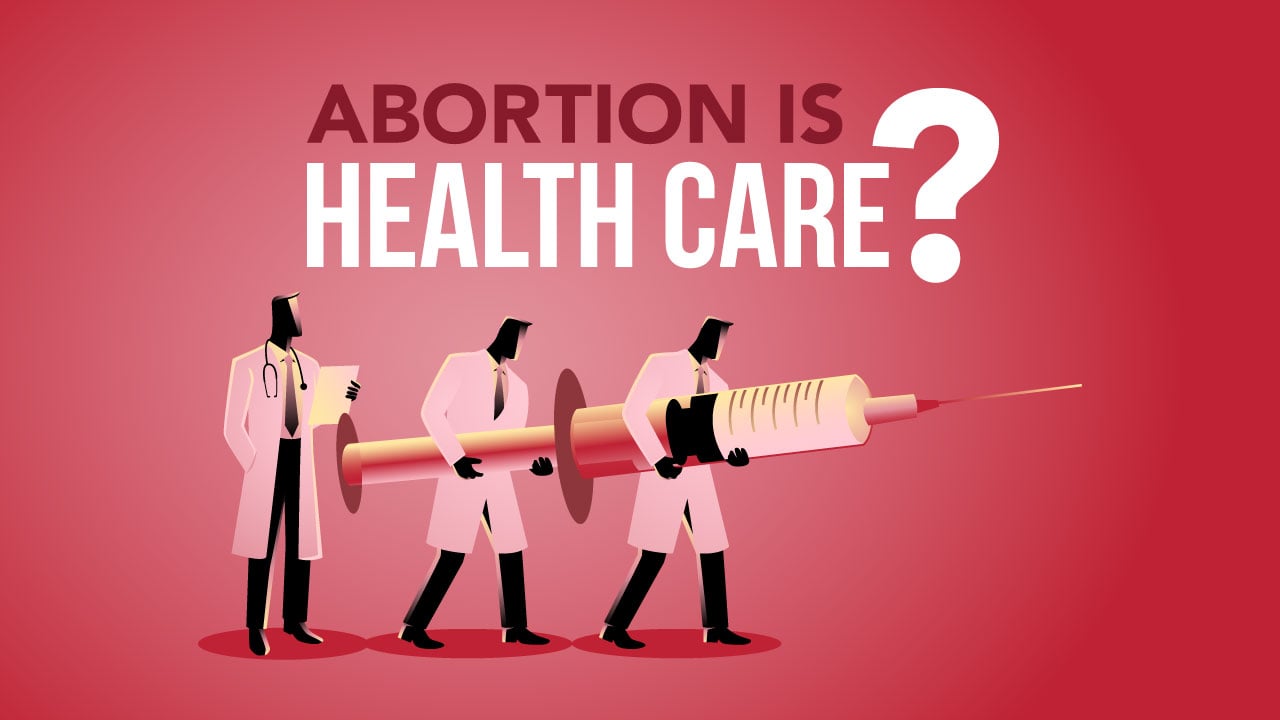You’re in a conversation about abortion, and someone says, “Human life doesn’t begin at conception. It’s just a clump of cells.”
What would you say?
It’s easy to say life doesn’t begin at conception because an embryo doesn’t look like what we think people should look like. But we know human life begins at some point. Here are a few things to remember while you think about when that is.
First, life doesn’t begin at birth. It isn’t logical to say life begins at birth because that would suggest that the baby inside the womb one day prior to birth wasn’t alive. It’s not reasonable to say an individual who is alive at birth is not alive one day prior to birth. The only difference is where they are. So we know life does not begin at birth. Second, life doesn’t begin at viability. Many argue that human life begins once a baby can survive, on her own, outside the womb. But there are problems with this argument too. After all, viability changes based on technology? Today, babies can be born at 24 weeks and survive, but 200 years ago that wasn’t possible. Viability is also determined based on where you are born. Wealthy nations make things possible for babies that wouldn’t be possible in a poorer country. Does that mean a 24 week baby in the United States is more “alive” than a 24 week baby in the jungles of the Congo? Of course not. So life must be determined by something other than viability. Third, life does not begin with the heartbeat. We know that living things only come from other living things. It wouldn’t be possible, then, for the embryo to be non-living for the first few weeks and suddenly spring into life. So the embryo has to be alive prior to the heartbeat. Does this mean that we can be alive without a heartbeat? Yes! That’s actually what makes the newly-conceived embryo more functionally impressive than a born person: The embryo, has an ability to live, grow, and move through the stages of human development without the feature you and I need to continue our growth and development. If life doesn’t begin at birth, viability, or heartbeat, when does it begin? Life begins at conception, fertilization. At fertilization, a living mother and father give life to a whole, living, organism, genetically distinct from his or her mother and father. No, the embryo doesn’t look like everyone else, but aren’t we past the idea that someone has to look a certain way before they are considered human? Think of it like a polaroid picture: Initially all you will see are black smudge marks. The moment the photo is taken, however, the image is captured—it just needs time to develop. The same is true for you and me: The moment of sperm-egg fusion we, in our uniqueness from our parents, began to exist—we just needed time to develop. Let’s review. Life doesn’t begin at birth, because that suggests you aren’t alive the day before birth. Life doesn’t begin at viability, because viability depends on when you were born and where. Life doesn’t begin at the heartbeat either, because that requires you to believe the heartbeat emerged from someone that isn’t alive. So we’re left with one option. Life begins at conception, at fertilization. It’s what science tells us and logic requires us to acknowledge.
 Read More
Read More




